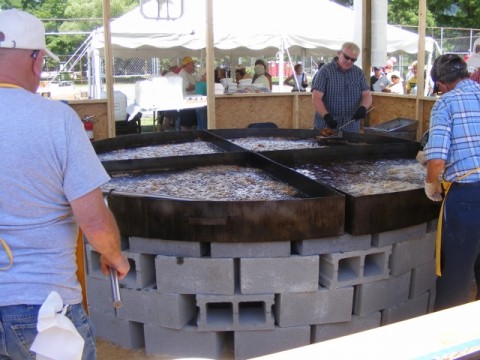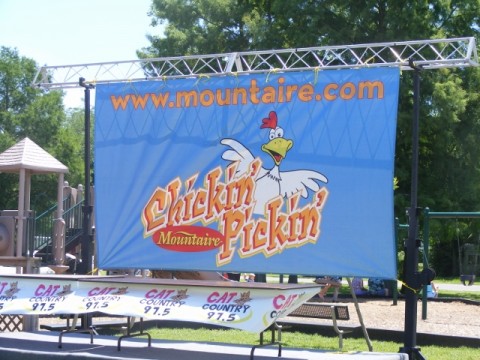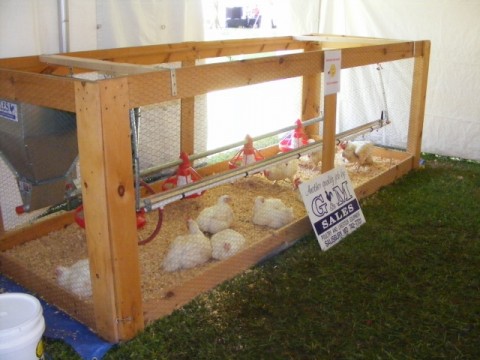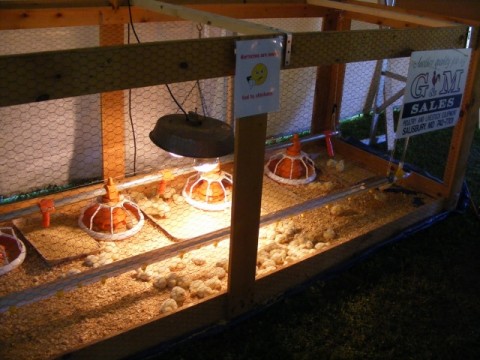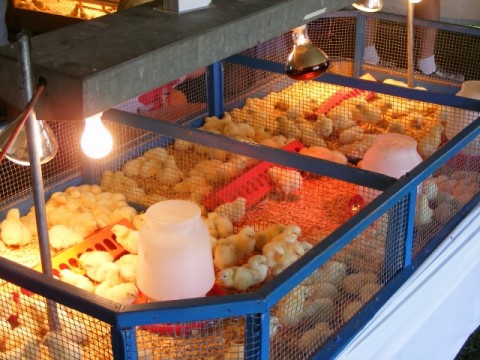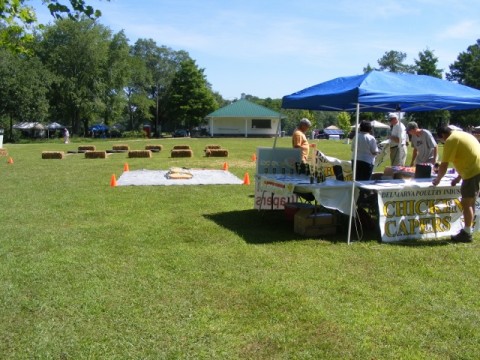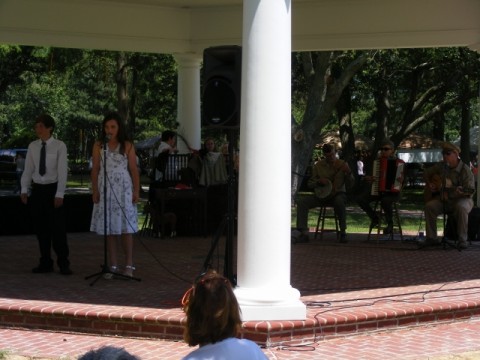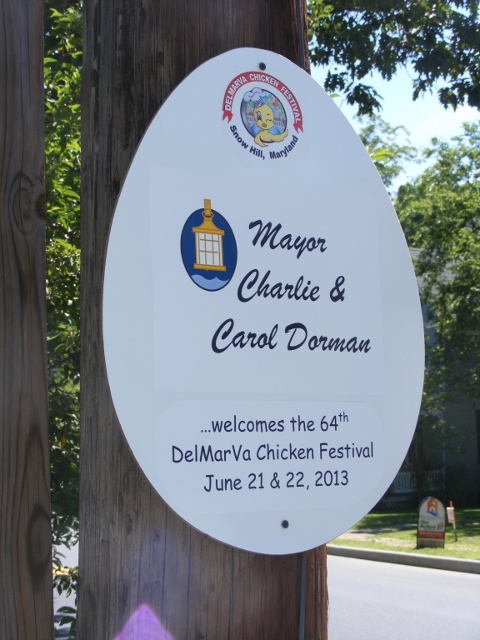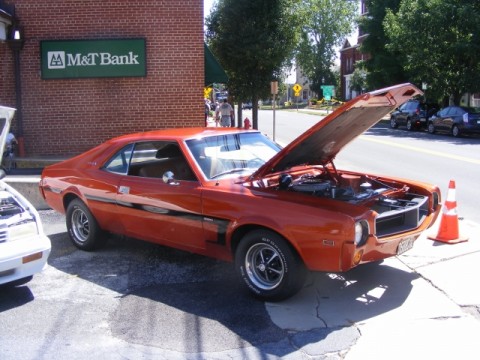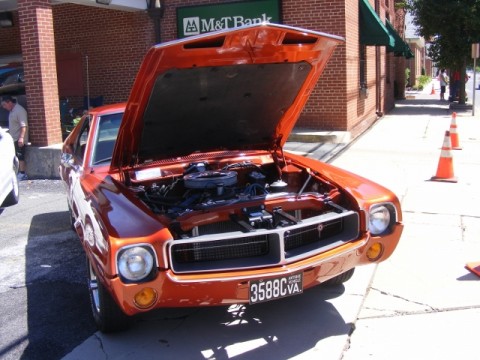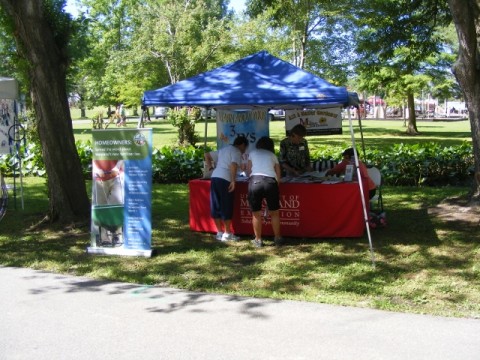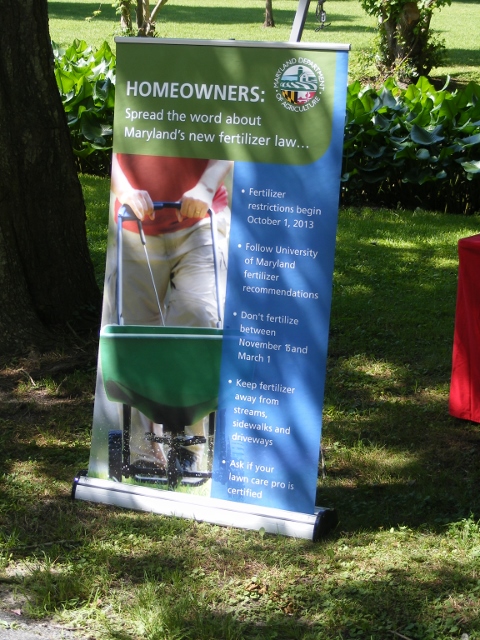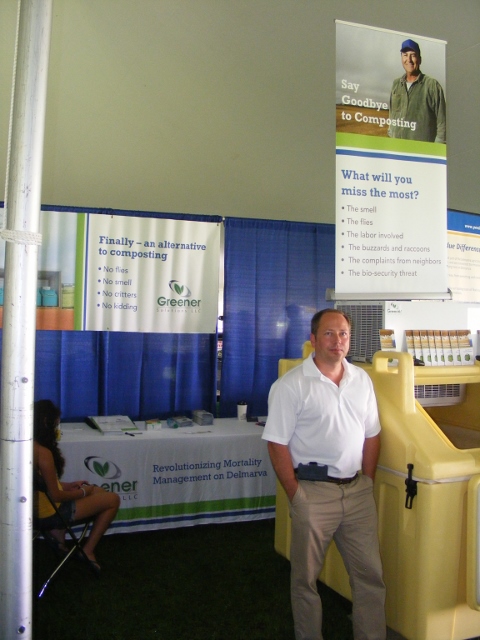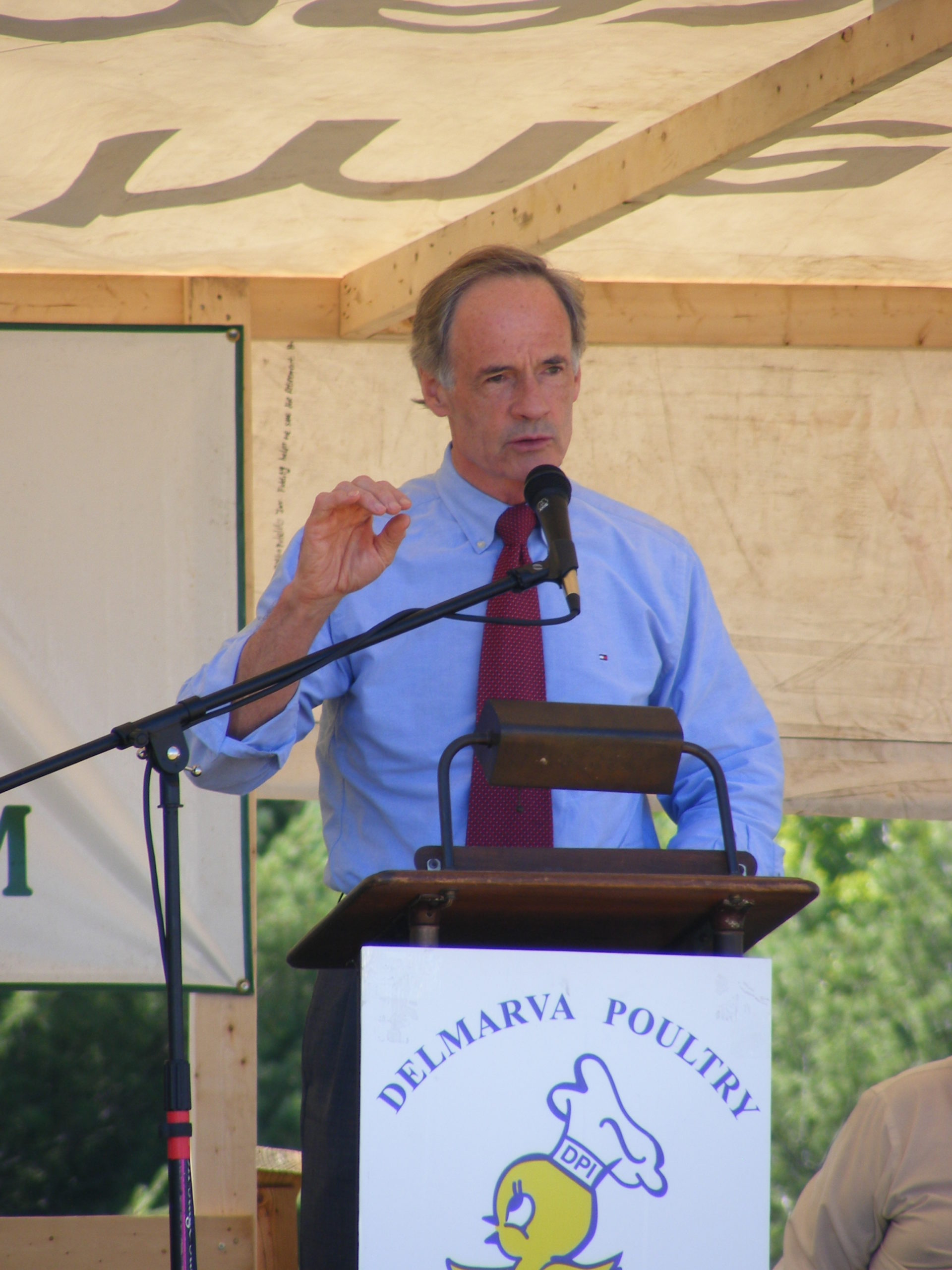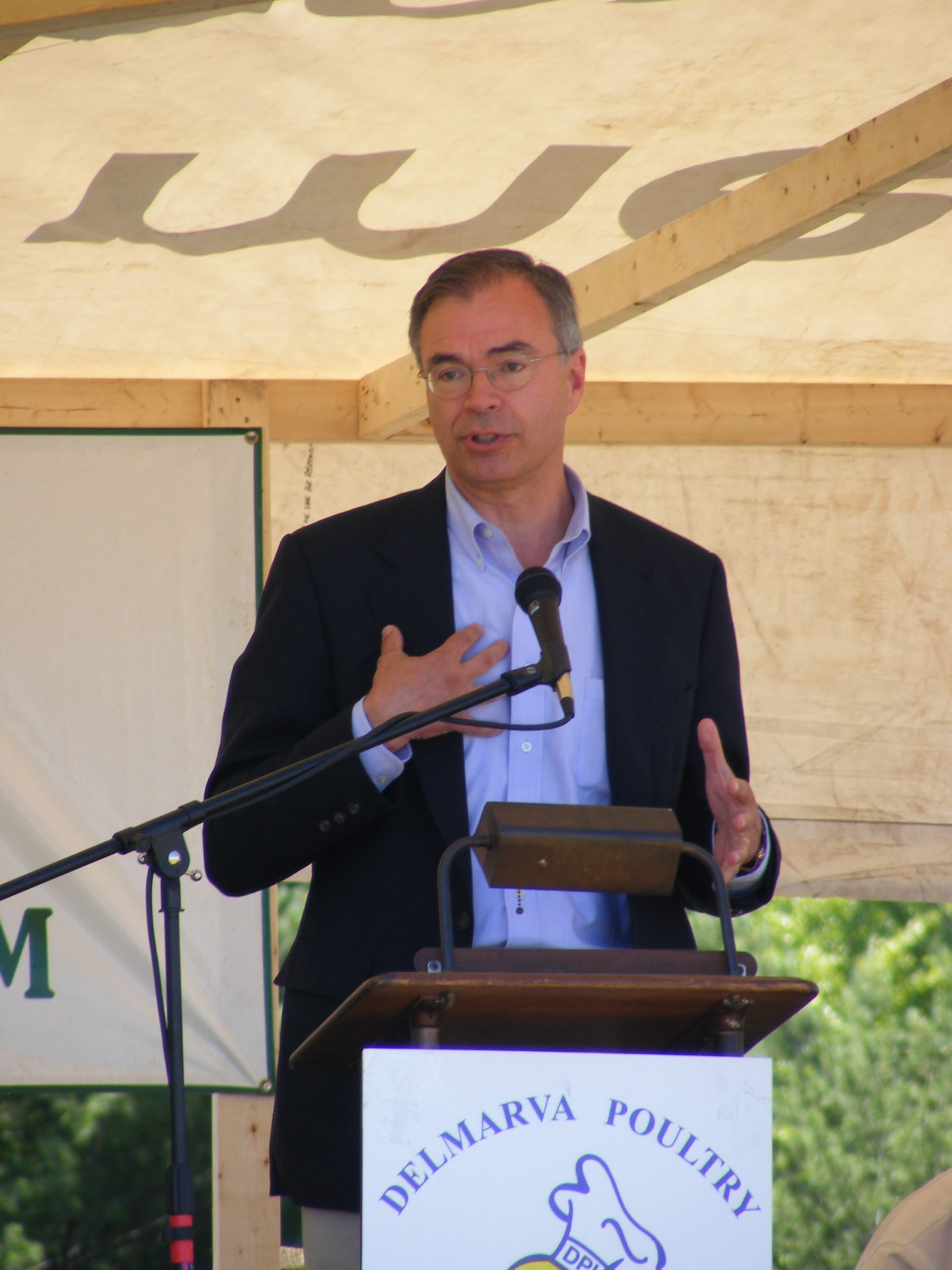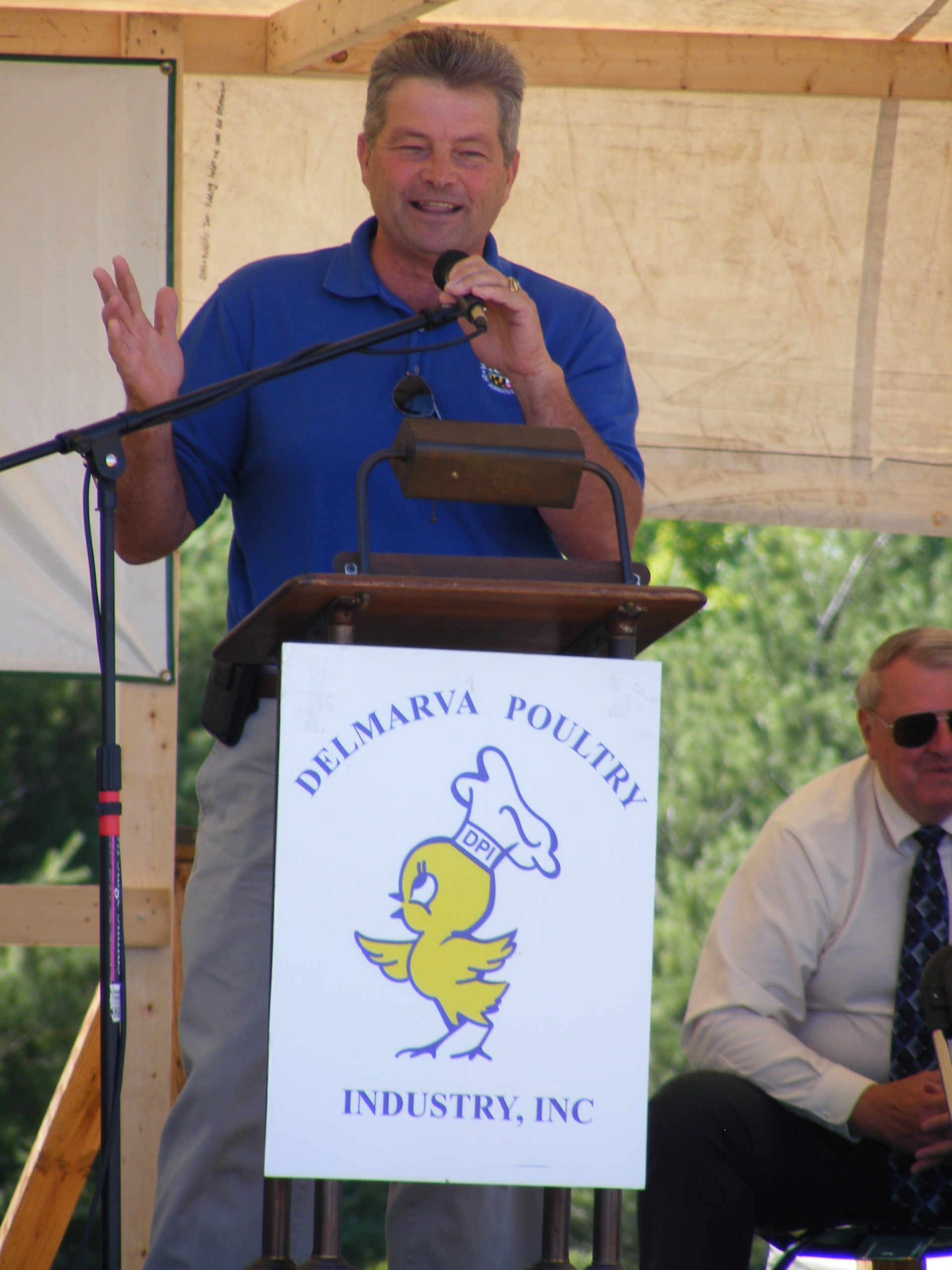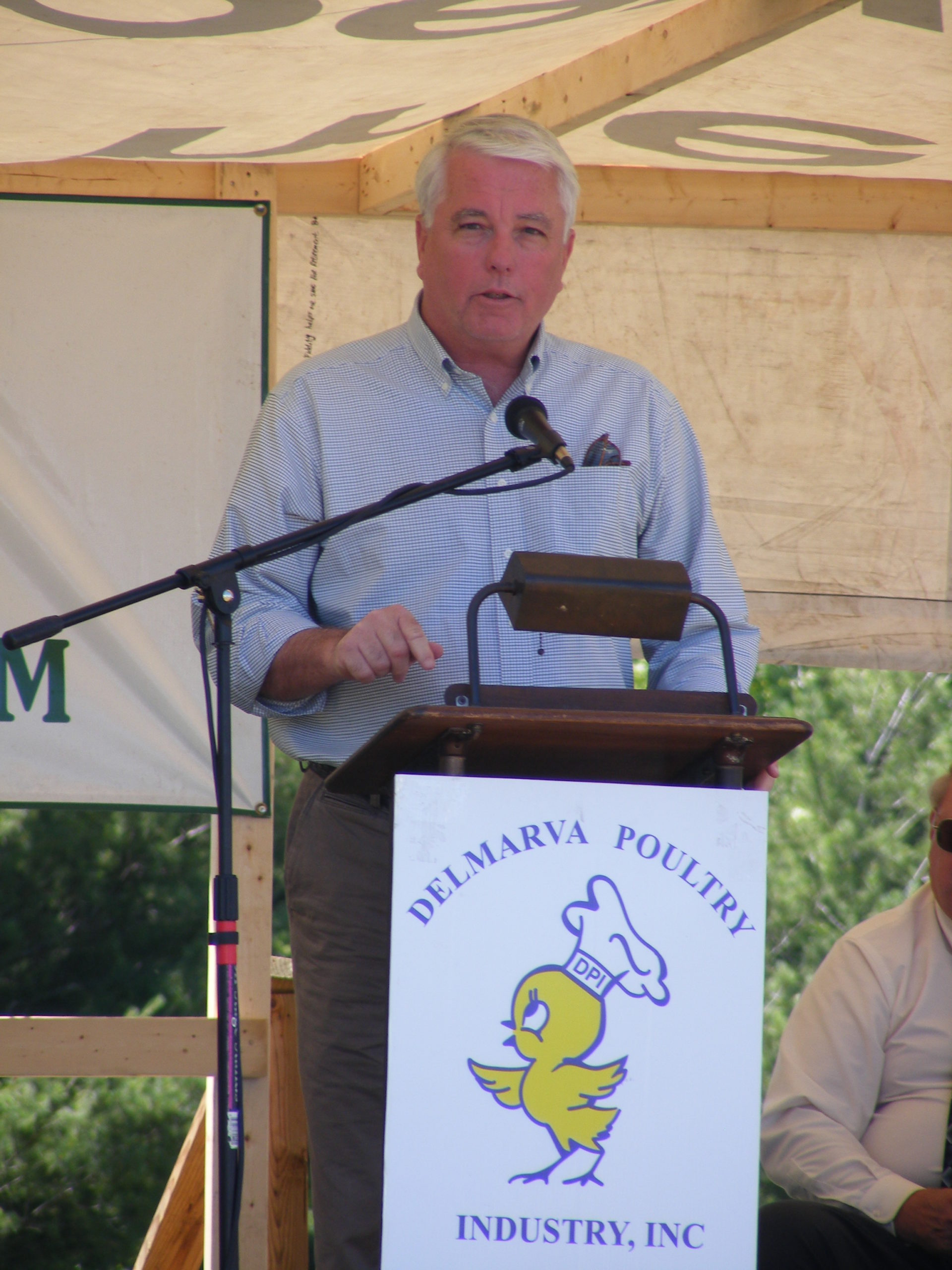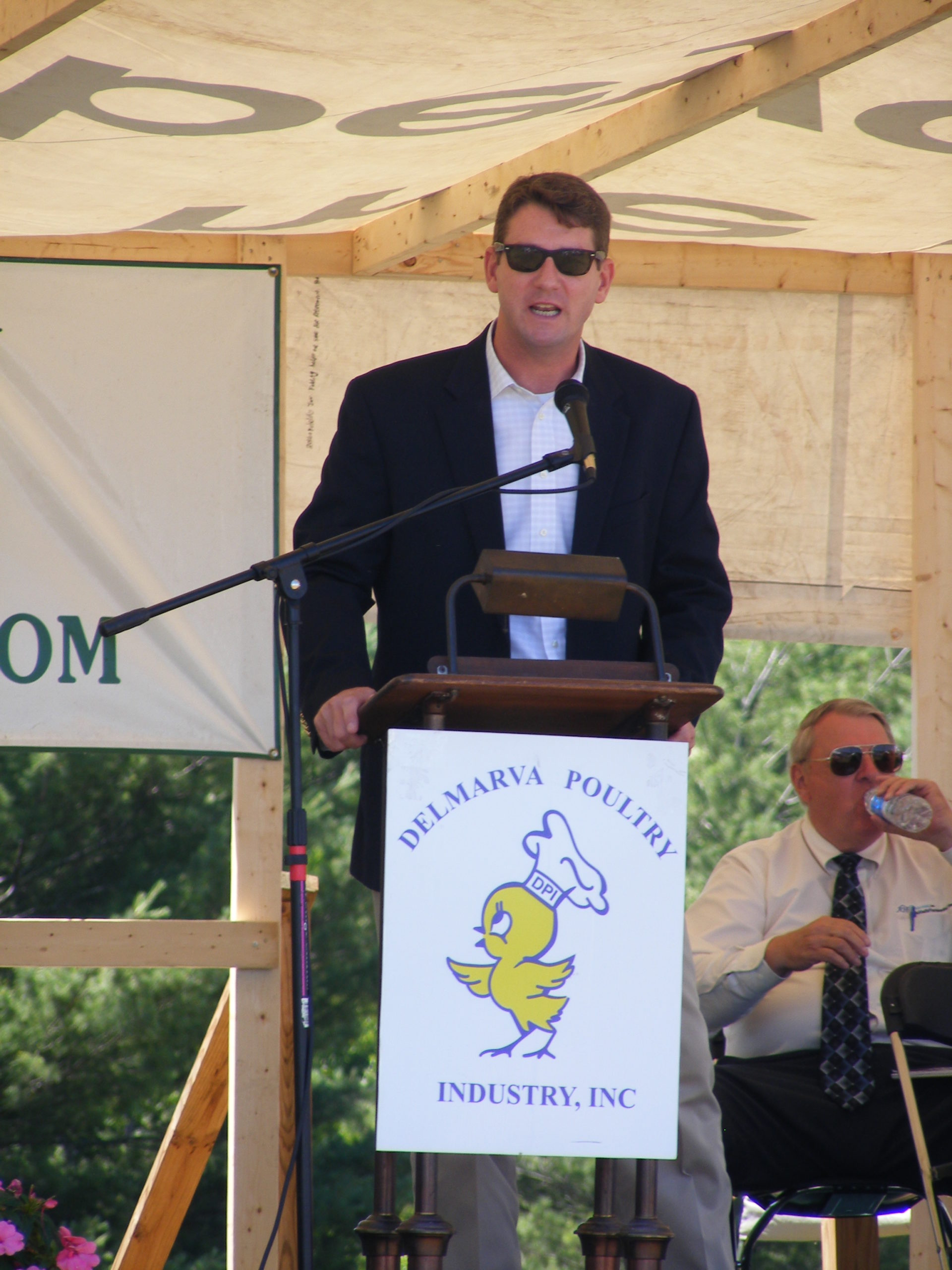In the day since Governor Hogan announced his Phosphorus Management Tool regulations and I wrote my original take on them, I’ve had a chance to see what some of the involved players have to say.
I should preface this by noting I’m not a farmer; however, I have a rural background to the extent that I lived on acreage partially surrounded by woods and cornfields and went to school with kids who were honest-to-goodness members of the Future Farmers of America, complete with the blue corduroy jackets. And seeing that this is a predominantly rural area which depends on agriculture and my interest is in its economic success, I tend to favor the views of farmers over those who think that chicken comes from Whole Foods.
Anyway, the reaction I saw from the major agricultural players was somewhat disappointing, considering the dramatic effect those around here will feel from the PMT regulations. I begin with Delmarva Poultry Industry.
Statewide, the Maryland Farm Bureau echoed the inclusive approach.
To me, these farm groups are exhibiting the same attitude that’s expressed by the saying, “the beatings will continue until morale improves.” Perhaps I’m just wondering what happened to the Larry Hogan who promised the Maryland Farm Bureau back in December:
The first fight [when I take office] will be against these politically motivated, midnight-hour phosphorus management tool regulations that the outgoing administration is trying to force upon you in these closing days. We won’t allow them to put you out of business, destroy your way of life or decimate your entire industry.
The regulations are essentially unchanged in this rendition with the exception of promises of more resources for affected farmers and an extra year to deal with the mandates. But over 1 in 5 local farmers will have to stop their fertilizing practices immediately when the regulations take effect.
And the step toward environmentalists has apparently been met with defiance. Both the Maryland Clean Agriculture Coalition and Chesapeake Bay Foundation are skeptical. CBF’s Alison Prost notes:
We are pleased the governor recognizes that excess manure application on farm fields in Maryland is a serious issue, just as scientists have been noting for years.
(snip)
We learned general information about the proposal Monday afternoon, and are hoping to obtain a copy of the actual proposed regulation as soon as possible. Without such details, we are withholding judgment. Once we are able to review the full proposal we hope that the Hogan Administration will allow the environmental community a chance to help shape this policy. In the meantime, we fully support SB 257 and HB 381 which are intended to solve the manure crisis through legislation. (Emphasis mine.)
In other words: nice try, but we are still after the whole enchilada.
Honestly, I don’t know if this measure is an attempt to placate the center by throwing farmers under the bus or if it’s part of a grand gambit where concessions on this issue will be traded for relief from the “rain tax.” I don’t trust the Democrats to follow through on any such deal because they come with the attitude that their time out of power is a fleeting, temporary one. It worked in ousting Bob Ehrlich after one term.
Perhaps Larry Hogan doesn’t have it in him to be Maryland’s answer to Scott Walker. But this relatively rapid concession on an issue important to the rural voters who supported him by margins of 70-30 or better in many counties is troubling. Had he waited until we knew the fate of the General Assembly bills – which he could have chosen to veto and perhaps not have to deal with until next session – he could have positioned himself as more of the fighter we were looking for when we dispatched Martin O’Malley’s heir apparent and selected Larry to lead the state.
By their words today, the environmental lobby proved they have no intention of working with Larry Hogan – none whatsoever. There was enough of a broad outline presented yesterday that these groups could have embraced the Agriculture Phosphorus Initiative, but they did not.
Of course, I sort of figured it would be this way all along but people keep reaching across the aisle and keep getting their arms bitten off. The only solution is to make the statist side concede by having superior numbers, and we can’t finish that job until 2018.


 You wouldn’t necessarily think of him as the farmer’s candidate, but Charles Lollar has at least paid a little bit of attention to how environmental factors affect one of Maryland’s top industries. Recall that he
You wouldn’t necessarily think of him as the farmer’s candidate, but Charles Lollar has at least paid a little bit of attention to how environmental factors affect one of Maryland’s top industries. Recall that he 
